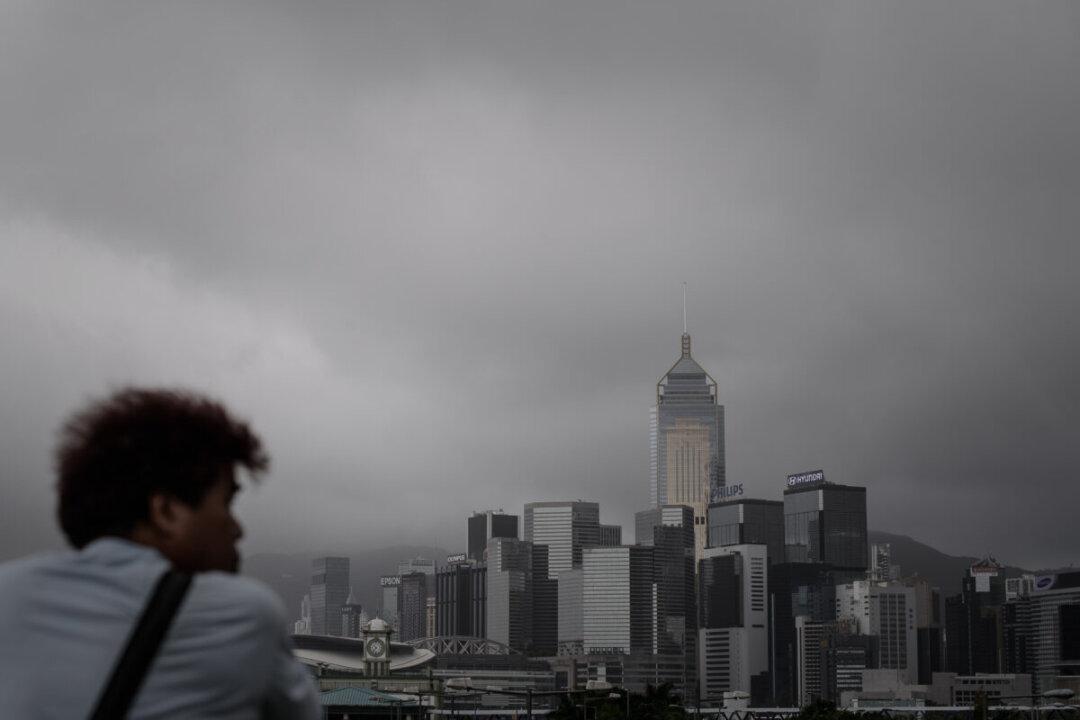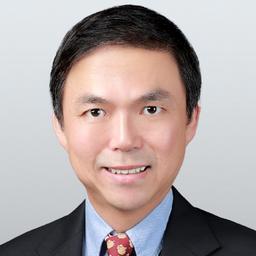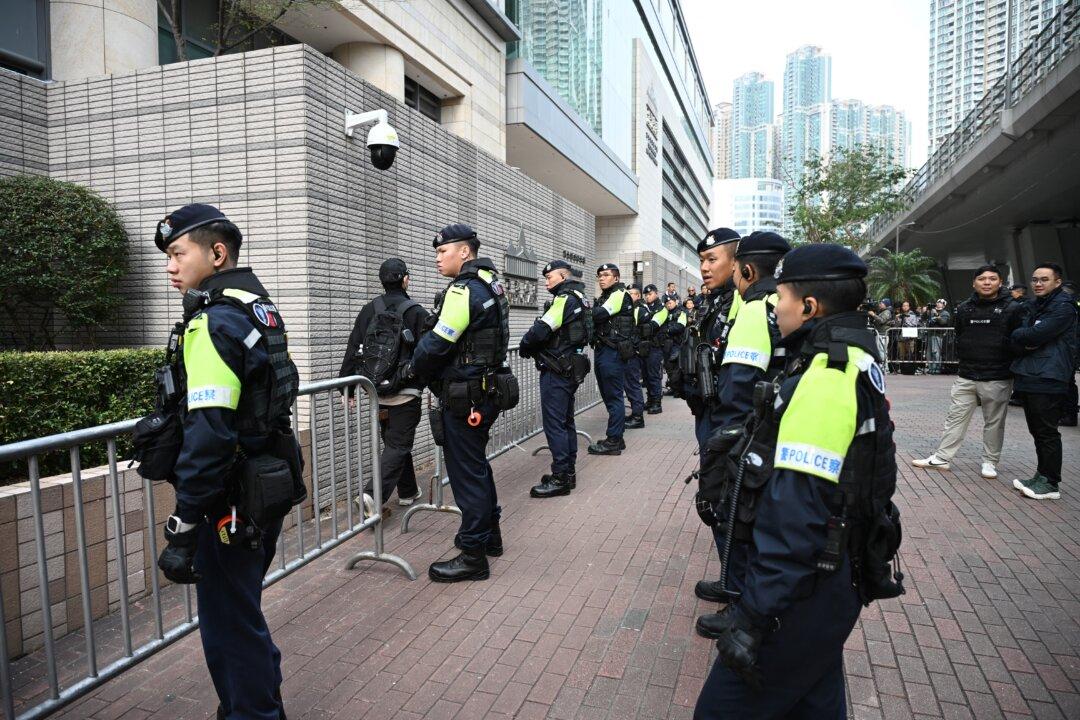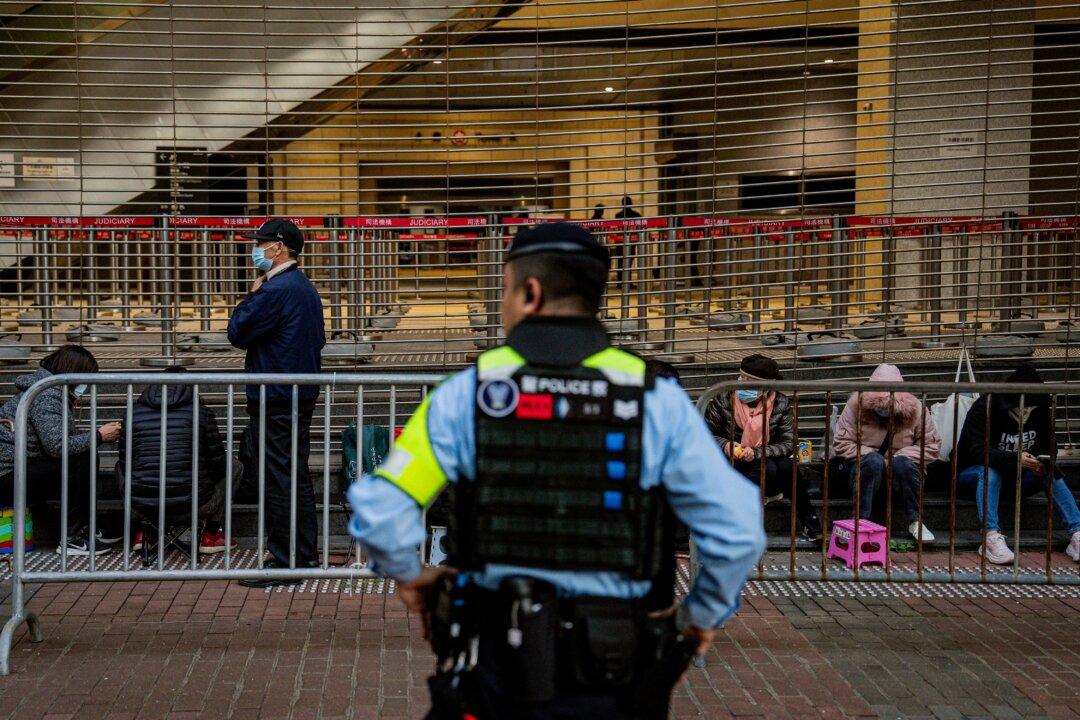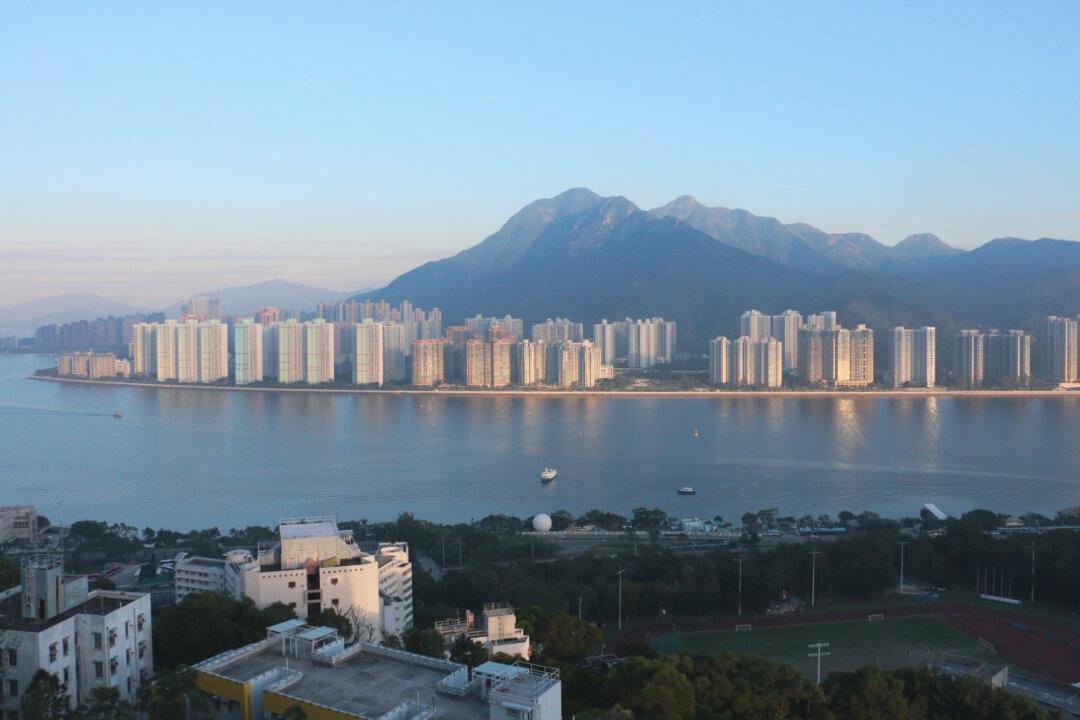Commentary
I left Hong Kong on June 28, 2021, when the political climate became unbearable. The so-called one country, two systems that once guaranteed Hongkongers a certain way of life is gone. It’s a significant milestone to reach three years since such a pivotal life change when the totalitarian regime started arresting those who vocalized their support for democracy and free speech. The political situation in the once-famed city, particularly with the National Security Law and the recently enacted Article 23 of the Basic Law, has created a complex and uncertain environment for many businesses to operate.
